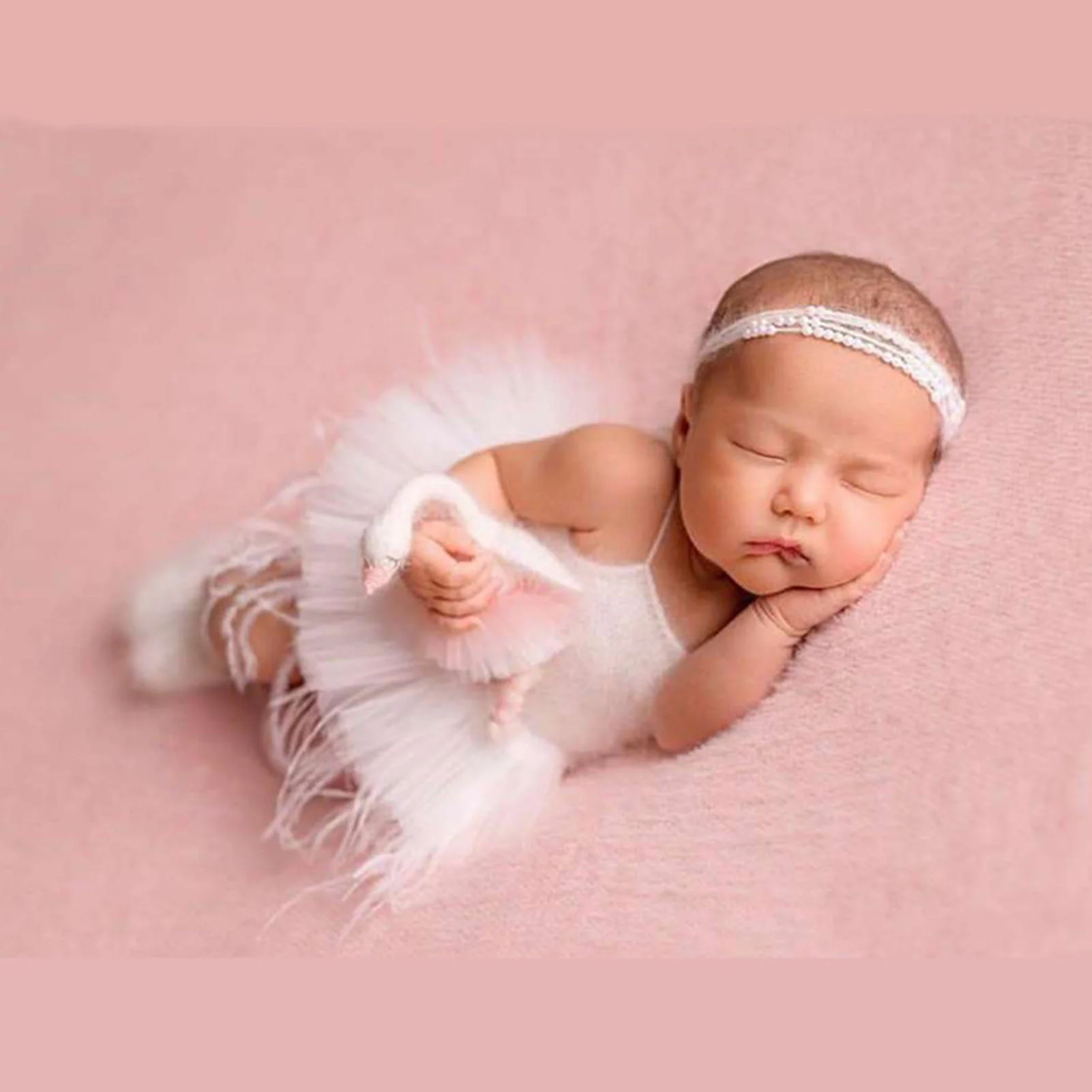When I discovered I was having my second son, I experienced a twinge of sadness. I knew he would be my last child, and while I was certain my love for him would mirror that of my first son, I felt a pang over never having a daughter. It wasn’t about wanting to braid hair or chat about fashion; those experiences didn’t hold much appeal for me. I understood that having a girl didn’t guarantee a “girly” child, since gender is a social construct. However, I did buy into the stereotype that a daughter would likely be more sensitive and emotionally expressive—someone with whom I could share a deep, lifelong bond, akin to those I have with my closest friends.
Of course, I also envisioned the chaos of both of us experiencing PMS simultaneously, yelling and crying at each other during her tumultuous teenage years.
Now, having raised my two boys for nearly a decade, I can confidently say I was completely mistaken. Boys can be just as emotional as girls! They experience moods and tears, and they can form deep connections and share their feelings with you. The key? Allowing them to do so.
Like many, I’ve fallen prey to gender stereotypes, but I made a conscious decision to encourage my sons to embrace their emotions. When they were little and melted down over something as trivial as the shape of their toast, I acknowledged their feelings, even though it could be frustrating. When they cried from a scrape, I never instructed them to “man up.” Instead, I equipped them with resilience while ensuring they knew their emotions were valid and worthy of expression.
It turns out my boys are quite emotional, navigating a whirlwind of feelings! Just this past weekend, we bought a new car to replace our trusty old Honda that had served us well for 15 years. The transition was tough for my boys, who voiced their sadness in dramatic yet heartfelt ways. My 9-year-old, with tears streaming down his face, pleaded, “But it’s the only car I’ve ever known!” Meanwhile, my 3-year-old snuggled close and confided, “Mommy, I’m sad. I don’t like change,” while I sat on the toilet (because, of course, that’s when important conversations happen).
A week ago, I attempted to replace an old quilt on my bed, which had seen better days thanks to my boys’ roughhousing. My new quilt was met with dismay; they were surprisingly attached to that worn-out blanket!
Beyond objects, my sons share their emotions with me freely. They tell me about their dreams, fears, and everything in between. I can only imagine how much more they will express as they enter puberty.
However, I’ve noticed one interesting pattern: my boys tend to be less expressive with their friends, especially their male peers, and they seem more reserved with their dad. They confide in me, for better or worse, which may suggest that societal norms around masculinity have made an impact.
While I can’t shield them from cultural expectations, I strive to create a safe haven where they can express themselves authentically. I hope that as they grow and interact more socially, they will remember that feelings are normal and healthy to share—regardless of the gender they were assigned at birth. For more insights on parenting and emotional expression, you can check out this article on home insemination kit terms and conditions, or learn about fertility options at this authority on the topic. Additionally, if you’re looking for a solid resource on pregnancy, this site offers excellent information.
In summary, the notion that boys are less emotional than girls is a myth. By nurturing their emotional expressions, we can help our sons grow into well-rounded individuals who embrace their feelings.
